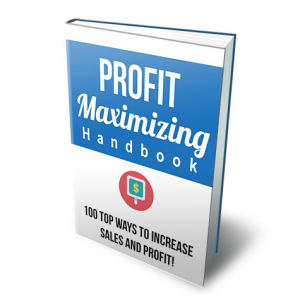Description
Did any of you ever wonder why so many small business owners have these types of conversations and are frightened of the financial side of the business? They can pay the monthly accounts and know whether they are making a profit or loss, but the management of their finances is a mystery for many small business owners. The first thing they get somebody else to do when their company grows to a size where they can afford it, is the accounting and bookkeeping. Why? Because it is the unknown and it is not familiar to him. What you don’t know, especially if it looks complex and has its own special language, you tend to avoid. Ignorance can, however, cost you your business.
From historical data on a wide range of actual cases, the following symptoms were found in most businesses that failed, namely:
- Lack of budgeting controls
- Creative accounting
- Over trading (expanding faster than the cash flow available)
- Deteriorating rations, and
- High gearing (taking on too much debt)
As one can recognize, all of these symptoms are based around the financial management of the business. Financial ignorance is, however, very unfortunate because financial statements and financial information are as common sense and practical as you can get.
Familiarity is the key. Once you know the basics and see that financial reports are just another way to look at your business, you will feel less afraid and much more comfortable. When you have a financial information system in place, you will be able to see the business as a whole – where it has come from, where it is at the moment and where it is going. The tools you will need sound frightening: Income Statement; Balance Sheet; Cash Flow Statement; Operating Budget; Monthly Review Processes and Variance Reports.
You can understand the small businessman’s belief that he has failed before he has even started, but you will need to believe that once you have this powerful set of tools you will be able to look at your business objectively and in depth. When you do this you can spot opportunities and identify and solve problems before they become serious.






